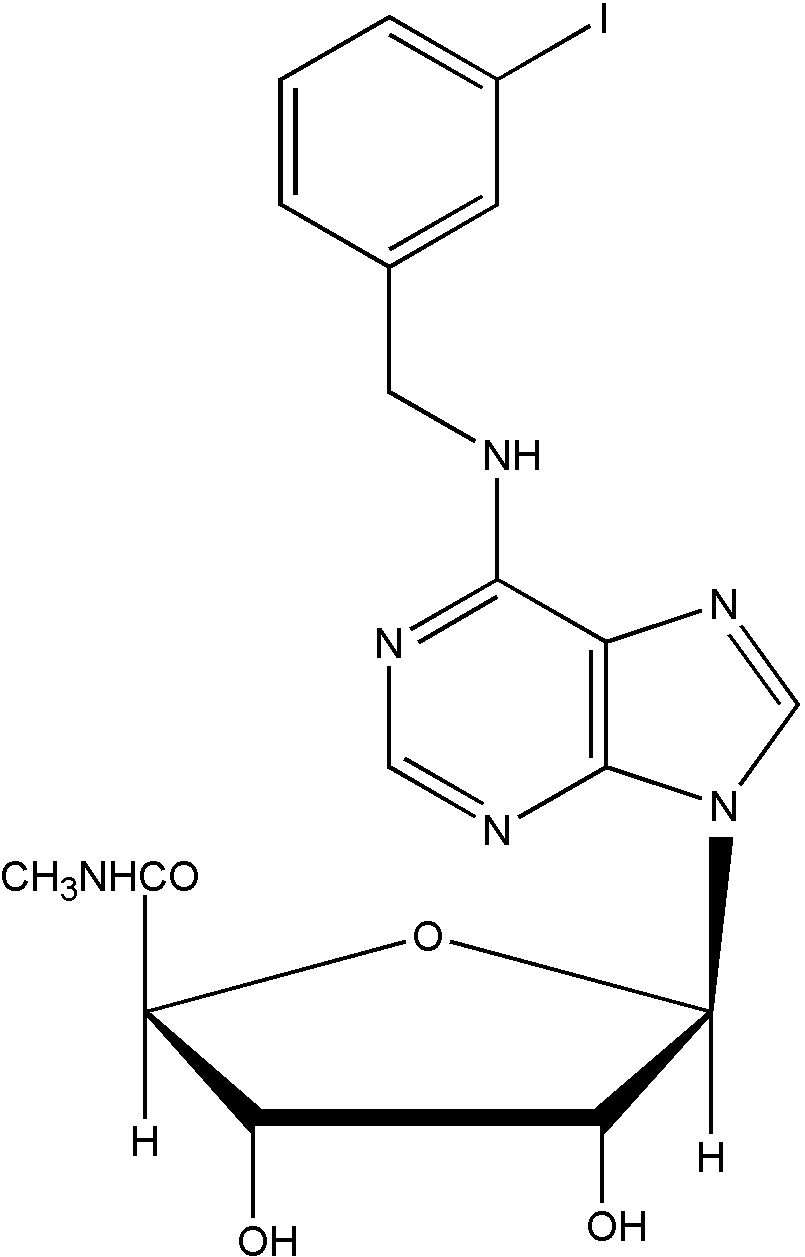Preclinical Pharmacology
The activity of Piclidenoson as an anti-inflammatory agent has been tested in a number of different experimental models including adjuvant and collagen induced arthritis and inflammatory bowel disease. In all models tested, Piclidenoson induced a robust anti-inflammatory effect measured by clinical and histological disease scores.
Mechanism of Action
Piclidenoson's mechanism of action is A3AR mediated and includes modulation of key signaling proteins, such as PI3K, PKA, PKB/Akt, IKK and NF-kB, resulting in deregulation of the Wnt/β-catenin pathway and inhibition of inflammatory cytokine production.
Safety
The safety of Piclidenoson has been demonstrated in preclinical studies, including among others, toxicology studies of up to 6 months in mice and 9 months in monkeys. Piclidenoson has an excellent human safety profile, demonstrated in more than 1,200 patients.
Efficacy
Can-Fite has tested Piclidenoson in a number of Phase II studies in different diseases. A Phase II study in psoriasis successfully met its primary endpoint showing that the drug effectively ameliorated disease symptoms. In psoriasis, Phase II/III study data showed clinical activity from week 16 till 32, and a Phase III study is ongoing. Moreover, there is a direct correlation between A3AR at baseline and patients' response to Piclidenoson, suggesting its utilization as a predictive biomarker.

